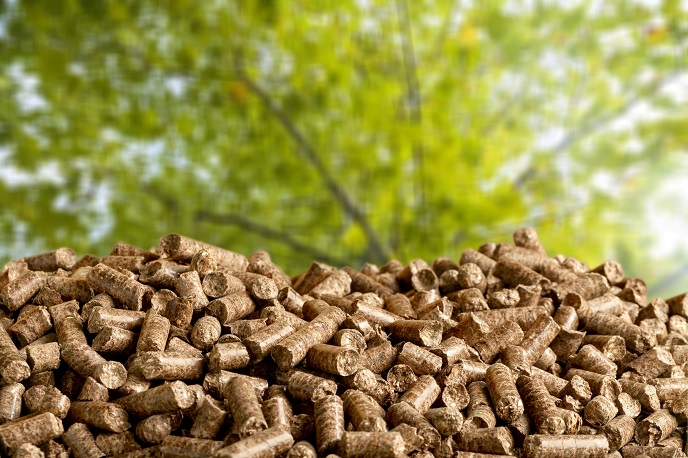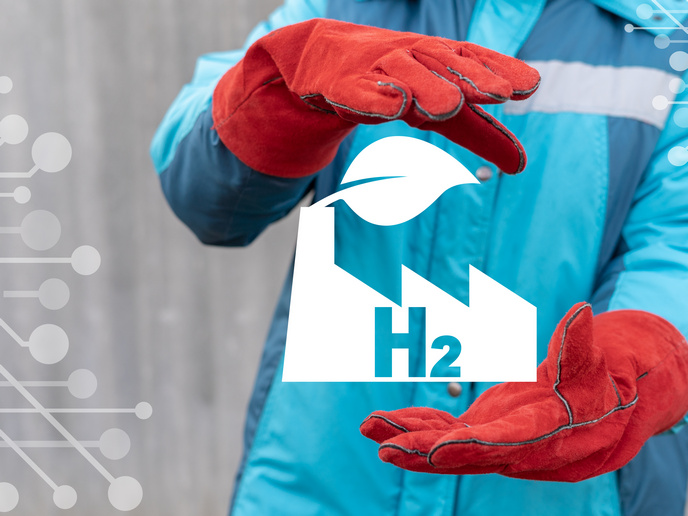Flexible solutions for tapping sustainable forest biomass
Following studies on current forestry biomass usage, the MOBILE FLIP (Mobile and Flexible Industrial Processing of Biomass) project developed and trialled a range of mobile technologies designed to more fully exploit forestry raw materials such as bark. While the economic and environmental benefits of using forestry biomass are well recognised, accessing processing technology at the scale required can be challenging. As a result, a great deal of material is currently thrown away. This EU-funded project showed however that efficient processing is possible. Several technical innovations such as an improved pelletising system were successfully demonstrated, and will now move towards commercialisation. “At least one participating company plans to start selling new equipment for producing biochar (charcoal produced from plant matter that can improve soil), while another is currently negotiating with a biogas company about installing pre-treatment technology on their production site,” says MOBILE FLIP project coordinator Dr Tarja Tamminen from the VTT Technical Research Centre of Finland. “Particle boards were also successfully produced from waste biomass.” Following project completion at the end of December 2018, partners are still working together to further refine ideas and identify even more opportunities. Natural potential Making better use of biomass – waste material sourced from vegetation not used for food or feed – could bring significant economic and environmental benefits. As a viable source of both renewable energy and industrial raw materials, biomass will undoubtedly play a critical role in Europe’s transition to more sustainable models of production. There is also a growing understanding about how biomass can be exploited sustainably; from an ecological point of view, some biomass should be left on the ground, for example. The availability of raw biomass varies according to geography, climate and season. “In Central Europe for example, straw from wheat, corn and other cereals dominates,” explains Dr Tamminen. “The Nordic countries on the other hand are covered in forest.” Both bark and other forest residues, as well as agricultural residues, were therefore selected as the focus of the MOBILE FLIP project. These residues are often not collected at all, or are used as fuel when higher value applications are possible. Furthermore, biomass residues tend to be scattered and seasonally available. This makes it difficult for large-scale industries to economically exploit the residues, as high volumes of homogeneous raw material are typically required. Mobile solutions This is why the MOBILE FLIP project focused on mobile technologies for small-scale processing. Project partners developed containerised equipment capable of being transported between raw material sites. “We included several intermediate levels of mobility,” explains Dr Tamminen. “In some cases, it might be feasible to transport raw materials to the production site. Using the electricity grid at a plant instead of a diesel generator in the field is beneficial from an environmental point of view.” A total of five technologies were identified as having real potential: pelletising (compressing biomass into a useable pellet); hydrothermal pre-treatment for saccharification (turning into soluble sugars); hydrothermal carbonisation and torrefaction for fuel; and slow pyrolysis (resulting in biochar). These technologies were then successfully demonstrated by industrial partners using selected raw materials. Environmental, economic and legislative evaluations were also carried out. “Economic feasibility was a critical aspect given the limited capacity of end users,” says Dr Tamminen. “These calculations will help businesses to better understand the conditions necessary to ensure that the processes are profitable. The wide range of competences available within the consortium also helped to make all relevant information about raw materials and processing available.”
Keywords
MOBILE FLIP, forestry, biomass, fuel, electricity, hydrothermal, biochar, pyrolysis, carbonisation







